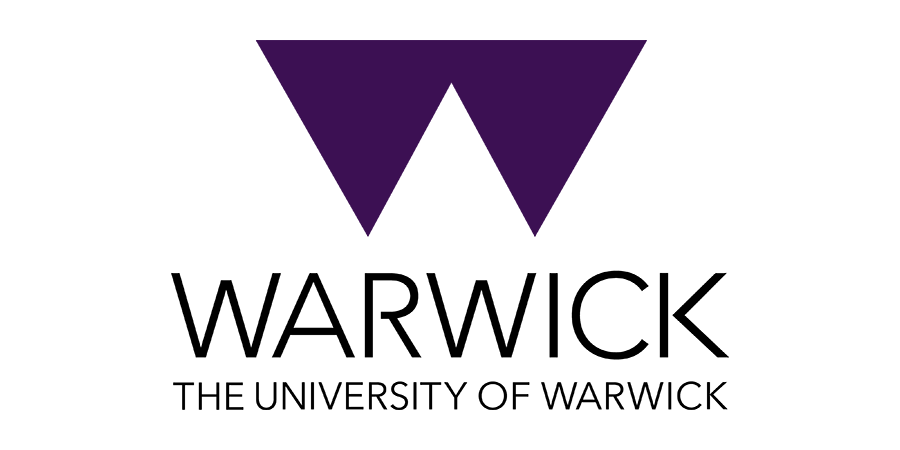PhD Studentship: Drop Dynamics of Complex Fluids
University of Warwick
| Qualification Type: | PhD |
|---|---|
| Location: | Coventry, University of Warwick, Warwick |
| Funding for: | UK Students, International Students |
| Funding amount: | £20,780 |
| Hours: | Full Time |
| Placed On: | 6th May 2025 |
|---|---|
| Closes: | 20th June 2025 |
Discipline: Engineering & Technology, Fluid Dynamics, Mechanical Engineering, Other Engineering
Research area and project description:
Droplets are ubiquitous in nature, industry, and our everyday lives, appearing in processes such as in additive manufacturing, the Earth’s atmosphere, and inkjet/biomaterial printing. The key to understanding (and ultimately engineering) these applications is how droplets behave when they interact with other objects, including solid & liquid surfaces, and even other droplets.
While much research has focused on droplets of simple fluids, most real droplets found in nature and industry are complex fluids, a heterogeneous mixture of at least two phases due to the presence of additives such as colloids, surfactants, and polymers. Examples include colloidal dye particles in inks, surfactants added to crop sprays to improve jetting, wetting, adhesion, and bodily fluids with polymeric components.
This PhD project aims to explore how such additives affect micromechanics underpinning fast droplet interactions, at speeds that typically trigger fluid instabilities and can lead to breakup, especially during impact onto dry surfaces and liquid layers. These results will be used to help Engineer better applications of industrial drop dynamic processes, including inkjet printing and additive manufacturing. Specific research objectives will focus on understanding how microscopic interactions of additives affect macroscopic droplet behaviour, especially in relation to colloidal particles and surfactants. This PhD project is linked to other ongoing projects in Warwick and elsewhere, which will lead to natural collaboration opportunities.
The primary methods used in this project will be experimental, involving fluid characterisation and high-speed imaging experiments, using Phantom high-speed cameras (in a newly renovated lab dedicated to our research group). A significant component of the analysis will include image processing, including data-driven methods and machine learning. You will also use finite volume-based numerical simulations and (if desired by the student) mathematical modelling.
You will work alongside other researchers within the Fluid Dynamics Research Centre at Warwick, which organises regular seminars and other academic & social events. There will be ample opportunity to collaborate with researchers at other institutions (UK and abroad), engage with industry, and tailor your research questions to your interests as they develop over your PhD. You can learn more about our research at tcsykes.com.
Scholarship:
The award will cover the tuition fees, plus a tax-free stipend, currently £20,780, paid at the prevailing UKRI rate for 3.5 years of full-time study. This scholarship is available regardless of nationality (i.e. both home and international students are eligible).
Eligibility:
You must have a first-class or 2.1 honours undergraduate degree, or Masters degree (with Merit or Distinction), in a related field such as (but not limited to) Engineering, Physical Sciences, and Mathematics. Experimental experience in fluid dynamics and/or knowledge of any CFD codes would be an advantage, but not required as full training will be given.
How to apply:
Candidates should submit an expression of interest by sending a CV and supporting statement outlining their skills and interests in this research area to www.warwick.ac.uk/engpgr/ts/appcv/ via the above ‘Apply’ button. If this initial application is successful, we will invite you to formally apply. All candidates must fulfil the University of Warwick entry criteria and obtain an unconditional offer before commencing enrolment.
Advert information
Type / Role:
Subject Area(s):
Location(s):









